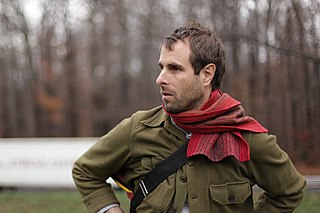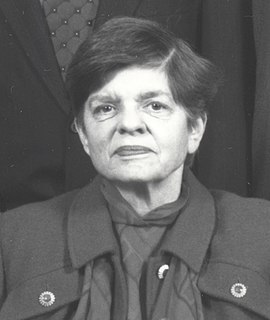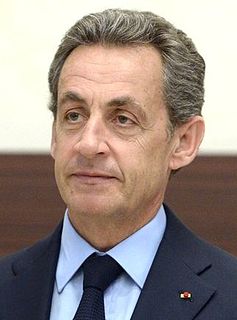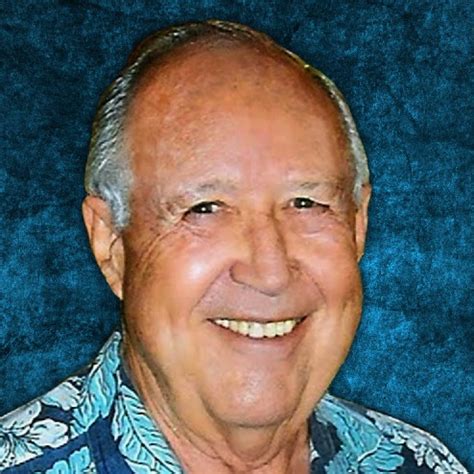A Quote by Erika M. Anderson
The suburbs have always been like an American version of utopia and a reflection of their hopes and fears. Erika's version of American suburban utopia - which I am renaming the outer ring - is a diverse place, with affordable housing, the possibility for people to have small businesses, which is more realistic in the outer ring than in the city with its huge costs, decent public transportation and the ability to access art and cultural events. That's my dream for America.
Quote Topics
Ability
Access
Affordable
Affordable Housing
Always
Am
America
American
Art
Been
Businesses
City
Costs
Cultural
Decent
Diverse
Dream
Events
Fears
Hopes
Hopes And Fears
Housing
Huge
Like
More
Outer
People
Place
Possibility
Public
Public Transportation
Realistic
Reflection
Ring
Small
Small Business
Small Businesses
Suburban
Suburbs
Than
Transportation
Utopia
Version
Which
Related Quotes
The standard of 'affordable' housing is that which costs roughly 30 percent or less of a family's income. Because of rising housing costs and stagnant wages, slightly more than half of all poor renting families in the country spend more than 50 percent of their income on housing costs, and at least one in four spends more than 70 percent.
There are significant differences between the American and European version of capitalism. The American traditiionally emphasizes the need for limited government, light regulations, low taxes and maximum labour-market flexibility. Its success has been shown above all in the ability to create new jobs, in which it is consistently more successful than Europe.
The outer ring of Christianity is a rigid guard of ethical abnegations and professional priests; but inside that inhuman guard you will find the old human life dancing like children and drinking wine like men; for Christianity is the only frame for pagan freedom. But in the modern philosophy the case is opposite; it is its outer ring that is obviously artistic and emancipated; its despair is within.
The 'American dream' ... means an economy in which people who work hard can get ahead and each new generation lives better than the last one. The 'American dream' also means a democratic political system in which most people feel they can affect public decisions and elect officials who will speak for them. In recent years, the dream has been fading.
I think we all carry within us different versions of ourselves. Our true, greatest, most honest versions of ourselves can either be developed and nourished, or it can remain dead from neglect. Most people opt for the easiest version rather than the best.
But in the end which version lives, which version thrives and which version dies, depends on the choices we make and the people in our lives.
We have seen numerous instances in which American businesses have brought in foreign skilled workers after having laid off skilled American workers, simply because they can get the foreign workers more cheaply. It has become a major means of circumventing the costs of paying skilled American workers or the costs of training them.
I was born on the other side of the tracks, in public housing in Brooklyn, New York. My dad never made more than $20,000 a year, and I grew up in a family that lost health insurance. So I was scarred at a young age with understanding what it was like to watch my parents lose access to the American dream.





































